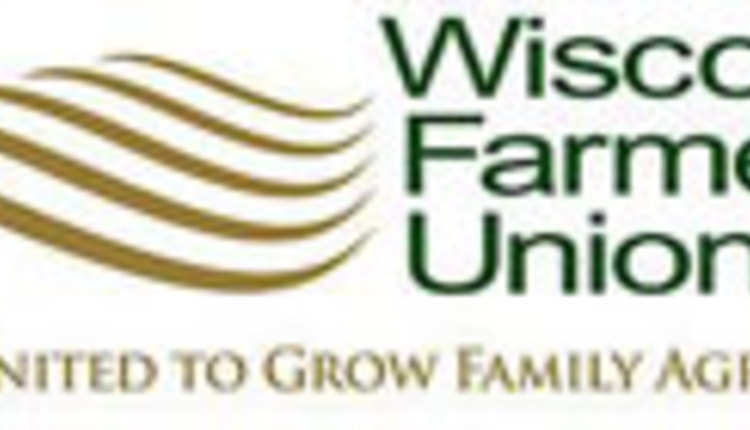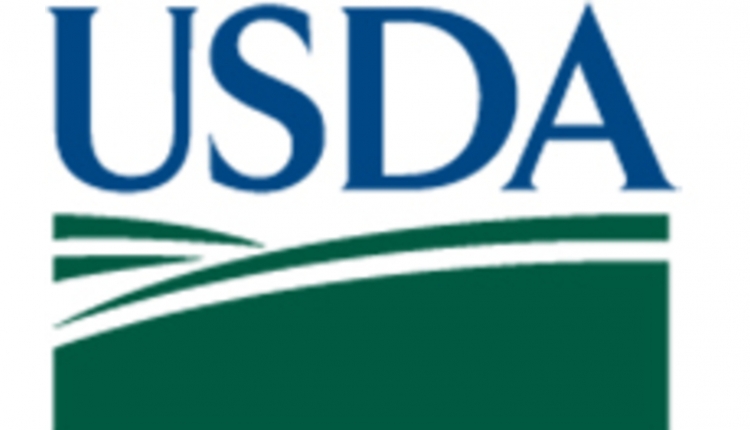A proposal is underway to combine four international standards for milking machinery into a single document. Those with a material interest in the subject matter are encouraged to become involved in the project.
The work is being conducted through the International Organization for Standardization (ISO). U.S. participation is coordinated by the American Society of Agricultural and Biological Engineers (ASABE), through its technical committee for milking machinery.
Those in the U.S. who wish to follow the progress of the project, provide expert review and feedback, or engage in the drafting of the document revisions are asked to contact Jean Walsh, ASABE standards administrator. Individuals located outside of the U.S. should contact their national standards body for additional participation information.
Over the past thirty years ASABE has worked with ISO to harmonize internationally accepted milking-machine standards. Standards developed separately by ISO and ASABE were harmonized in the 1990s, drawing upon the best aspects of each document, to produce the ISO standards in use today. Since that time, these organizations have continued to work together to refine and update the international standards.
In the ISO standards-development system, participating countries may cast one vote at each stage of the development process and can choose to approve, disapprove, or abstain. Each country also has the opportunity to review drafts of the revision and offer comments for improvement or change. Participation is open to any materially interested party through member standards organizations around the world.
ASABE is recognized worldwide as a standards developing organization for food, agricultural, and biological systems, with more than 280 standards currently in publication. Conformance to ASABE standards is voluntary, except where required by state, provincial, or other governmental requirements, and the documents are developed by consensus in accordance with procedures approved by the American National Standards Institute. For information on this or any other ASABE standard, contact Scott Cedarquist at 269-932-7031, cedarq@asabe.org. A current listing of all ASABE standards projects can be found on the ASABE web site at www.asabe.org/projects.
ASABE is an international scientific and educational organization dedicated to the advancement of engineering applicable to agricultural, food, and biological systems. Further information on the Society can be obtained by contacting ASABE at (269) 429-0300, emailing hq@asabe.org or visiting www.asabe.org/.



